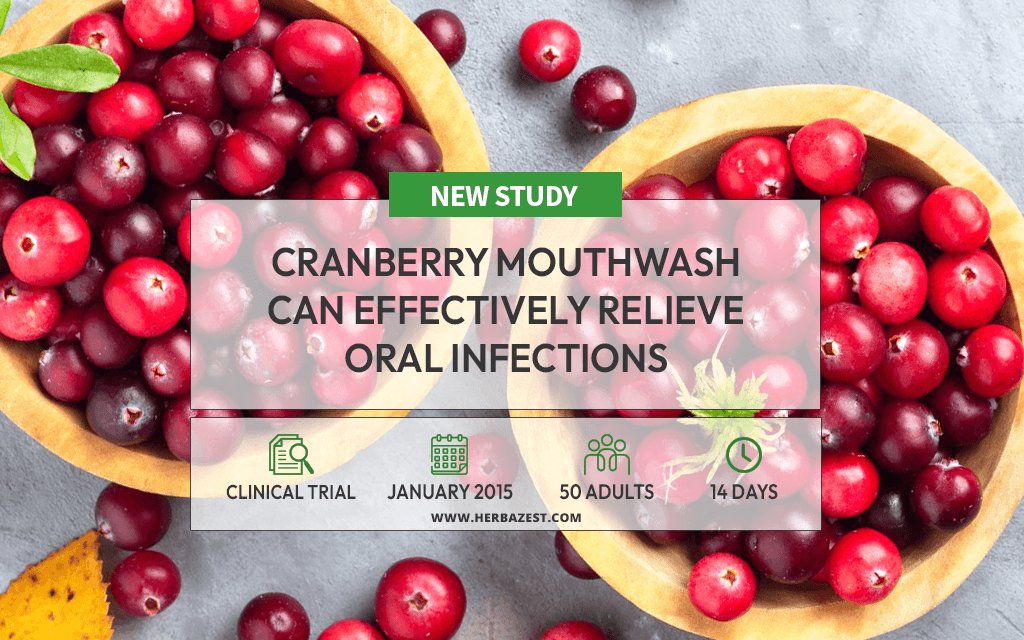Dental plaque is a sticky biofilm of bacteria that forms on teeth and gums, creating an environment conducive to the growth of harmful microorganisms. Among these, Streptococcus mutans is a primary culprit in the development of dental caries, as it metabolizes sugars into acids that erode tooth enamel and cause cavities.
Current treatments, such as chlorhexidine gluconate mouthwash, are effective but have side effects like pigmentation and taste alteration. Cranberry, known for its anti-adhesion properties in systemic infections, offers a potential natural alternative. This study compared the efficacy of cranberry mouthwash with chlorhexidine mouthwash in reducing oral bacteria.
The Study
The study involved 50 participants aged 18-20 years. They were divided into two groups: Group A was given 0.6% cranberry mouthwash, while Group B received 0.2% chlorhexidine mouthwash. Both groups used 10 mL of their assigned mouthwash twice daily for 14 days.
Plaque samples were collected from each participant on the first and fourteenth days and cultured on blood agar plates to determine the number of S. mutans colony-forming units (CFUs).
The Results
After the two-week treatment course, the mean number of S. mutans CFUs decreased significantly in both groups (by 68% in the cranberry group and by 69% in the chlorhexidine group). Participants using cranberry mouthwash did not report significant side effects.
What Does this Mean?
The results of this study indicate that cranberry mouthwash is as effective as prescription mouthwash in reducing S. mutans CFUs. This suggests that cranberry mouthwash could be a viable natural alternative to chlorhexidine, offering similar benefits without the associated side effects.
Cranberry's anti-adhesion properties, primarily due to its polyphenols and proanthocyanidins, can disrupt the formation of cariogenic plaque. This reduces the likelihood of developing dental caries without killing the bacteria, thus preventing the growth of resistant strains.
In addition to its oral health benefits, cranberry mouthwash could offer systemic advantages. Cranberries are known to prevent urinary tract infections and may reduce the risk of gastric ulcers.1 These systemic benefits, combined with its oral health efficacy, make cranberry mouthwash an attractive option.
Other herbs that may be beneficial for oral health include neem, clove, ginger, and aloe vera.
Sources
- Contemporary Clinical Dentistry, Comparative assessment of cranberry and chlorhexidine mouthwash on streptococcal colonization among dental students: A randomized parallel clinical trial, 2015
Footnotes:
- Molecules. (2022). Cranberry: Chemical Composition, Antioxidant Activity and Impact on Human Health: An overview. Retrieved June 25, 2024, from https://www.ncbi.nlm.nih.gov/pmc/articles/PMC8911768/




